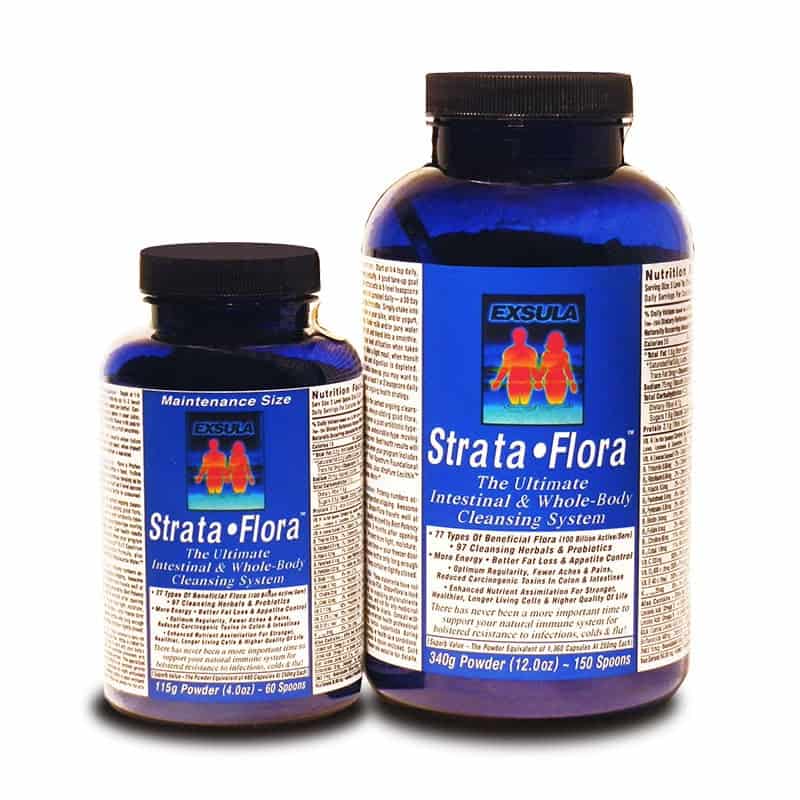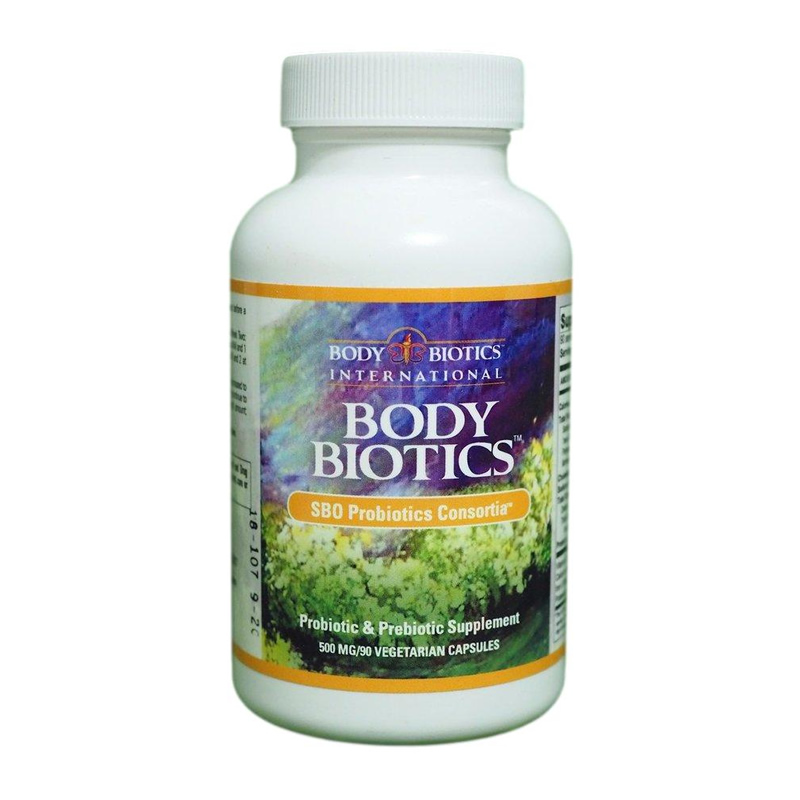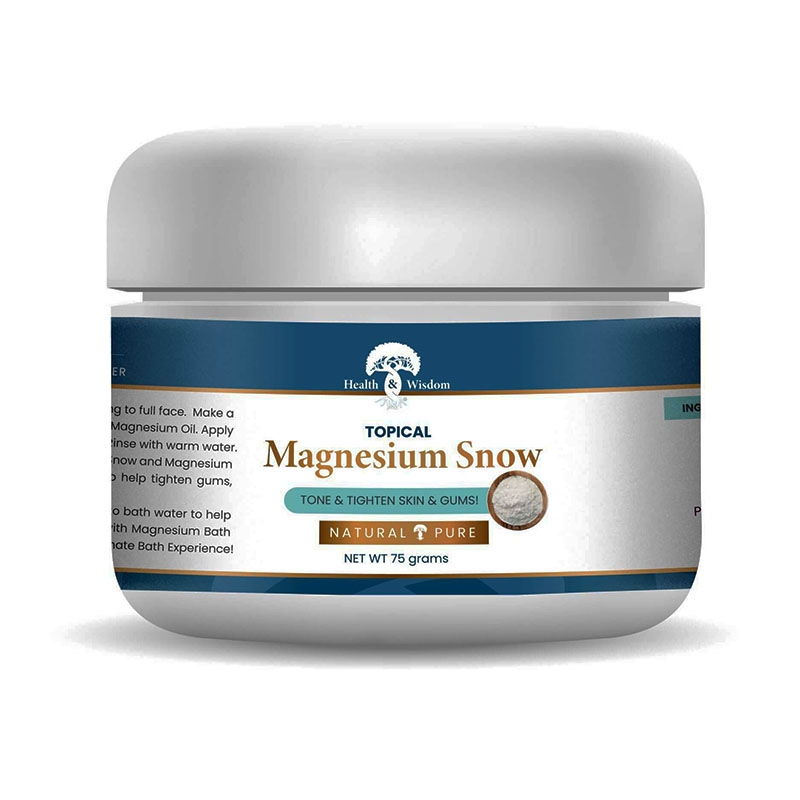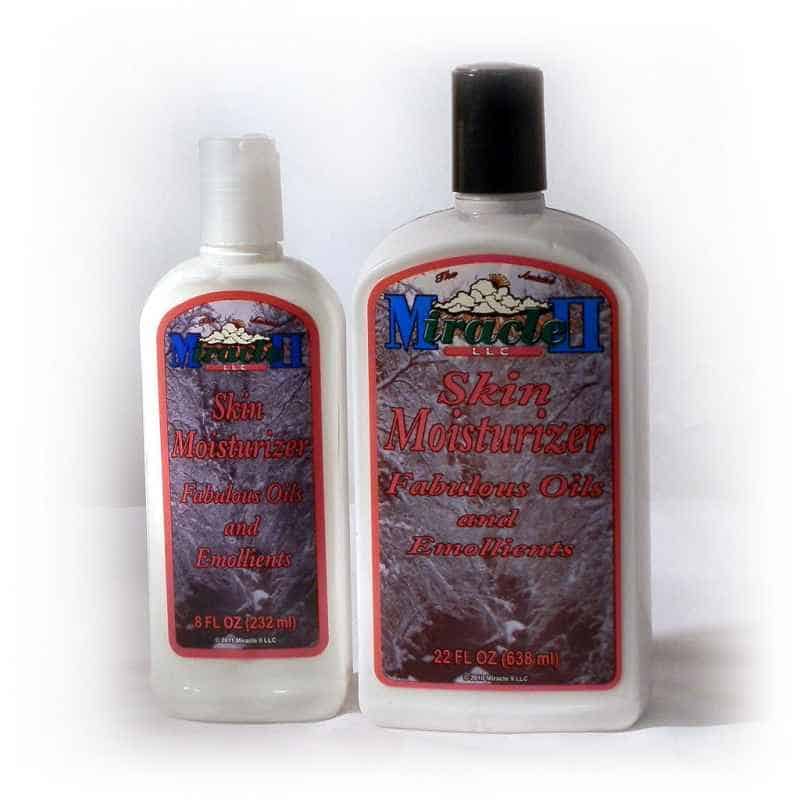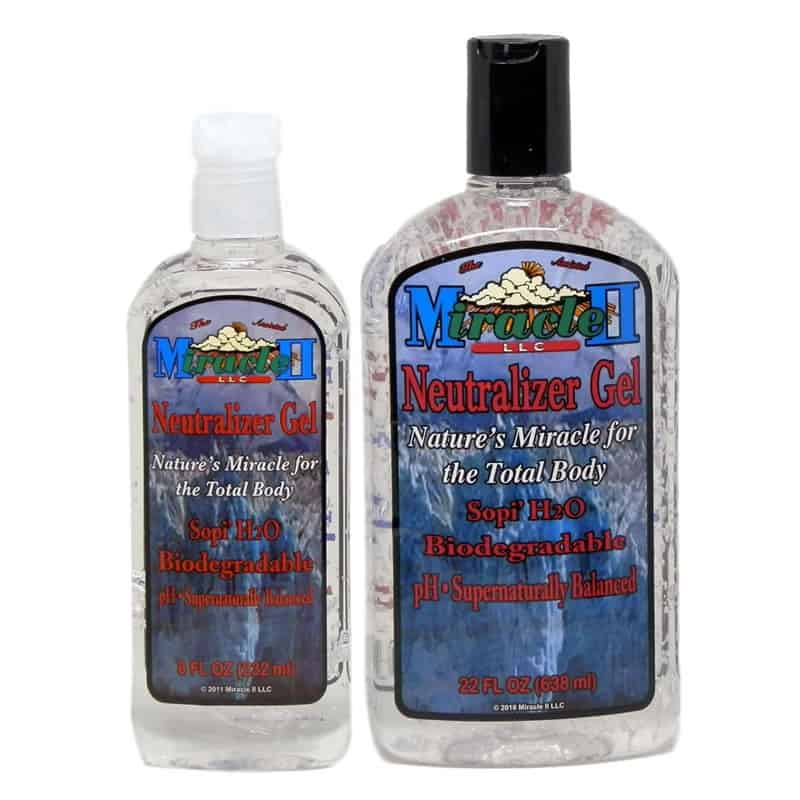No products in the cart.
Acne Causes and Solutions
This red, inflamed skin condition is caused by imbalanced hormones, causing too much oil (sebum) and improper cell proliferation (death and regeneration). This leads to clogged pores where bacteria starts to grow and multiply.
It looks red and inflamed (swollen) and feels tender.
Papules, pustules, nodules and cysts are the dermatological names for pimples, zits, whiteheads and blackheads. These occur when dead skin cells try to get out of the pore, but block it. It creates the perfect site for bacteria grow. Your immune system attempts to clean up the mess and you see inflamed red skin.

If you Visit a Dermatologist…
Mainstream doctors don’t blame diet and digestive health as the primary cause of acne. Because big pharmaceutical companies do not profit from your healthy diet.
Many dermatologists prescribe long-term antibiotic treatments for acne. This is especially problematic because antibiotics kill both good and bad bacteria, leading to secondary conditions like Candida, Yeast and Fungus overgrowth.
The other popular treatment Acutane has enough side effect warnings that should easily scare you away. Your skin may eventually clear, but your liver will be distressed and your skin will be so sun-sensitive and dry that you’ll want to stay home.
If you are a woman, the doctor may prescribe an estrogen/estradiol birth control pill to try and balance out your androgen levels. We don’t yet know the long term effects.
To reduce the size and redness of pimples, a topical cortisone cream may be prescribed. This too is using hormonal means to control inflamed red skin.
Choose a Natural Solution
Many people see immediate results by topically detoxifying skin tissue with one of these simple treatments:
- Magnesium Snow Powder mixed into a water poultice or into Skin Moisturizer.
- Or reduce the acidity of the tissue (redness and swelling are signs of localized acidity) by applying Neutralizer Gel.
Eat more fresh food and decrease processed foods, sugar and alcohol.
Mainstream doctors don’t blame diet and digestive health as the primary cause of acne. Because big pharmaceutical companies do not profit from your healthy diet.
Eating highly processed foods (grains, breads, cereals) leads to a chain reaction. When digested they increase your blood sugar. This excess sugar allows your body to produce high levels of insulin and insulin-like growth factor (IGF-1). This leads to an excess of male hormones, which cause pores in the skin to secrete sebum, a greasy substance that attracts acne-promoting bacteria. Additionally, IGF-1 promotes the multiplication of skin cells known as keratinocytes, a process associated with acne.
Previous evidence has shown a link between insulin or IGF-1 and acne. It has been found that when IGF-1 is used to treat certain illnesses, male hormones increase, and acne often results.
Women with polycystic ovary syndrome, a condition that causes an excess of insulin, treated with the insulin-reducing drug metformin, showed improvement. Moreover, many women with acne problems overproduce insulin and IGF-1, researchers say.
Results of Processed and Sugary Foods
Acne is caused by a complex interaction of hormonal imbalance, excess oil (sebum), increased cell death, and bacterial infection feeding on the debris.
The increase in cell turnover is linked to higher blood insulin. By eating meals that are filled with high glycemic-index foods (carbohydrates and processed foods) your day-long blood insulin levels remain high, directly affecting the process of cell proliferation (death and regeneration)
You may also develop hyperinsulinemia (insulin resistant) from eating this diet. Also creating imbalances in IGF-1, and insulin-like growth factor binding protein 3 (IGFBP-3) levels.
High levels of insulin and insulin-like growth factor 1 (IGF-1) have a direct link to an increase in androgen hormones. Telling your skin to produce more oil (sebum). When this oil production becomes excessive, it can cause or exacerbate blocked pores and promote the growth of bacteria.
Your body sends in white blood cells to clean up the mess. This presents itself as inflammation – heat, redness, swelling and pain.
Long Term Prognosis, withOUT Changes
If you continue with your present lifestyle, the lesions on your skin will continue to form, leaving you with scars. Hormones will remain out of balance, causing continued overproduction of oil, encouraging bacteria to grow in the clogged pores.
The inflammation cannot settle down nor go away.
By not changing the way you are eating, your insulin levels will remain high. You may become insulin resistant, and possibly face diabetes as your pancreas become too tired to function properly.
What You Can Do in the The Long Term
Fix Your Diet…
The long term method for correcting this hormonal imbalance begins with looking at the foods that are going into your body on a daily basis.
High glycemic (sugar) index foods put stress on your endocrine (hormone) system, to produce enough insulin for normal blood glucose.
Most of the food you eat should be low on the glycemic index. These include fresh vegetables and fruits, sprouted grains and protein.
Supplements That May Substantially Help…
SuperFood Blends
Because most of the foods in the grocery store are lacking in essential vitamins, minerals and nutrients, it is important to supplement using a broad spectrum SuperFood Blend.
Essential Fatty Acids
A mostly processed food diet contains an over abundance of omega-6 fatty acids and a serious shortage of omega-3 fatty acids. Correcting this imbalance may reduce skin (and overall) inflammation. Choose a good balance of essential fatty acids in the 2:1:1 omega 3-6-9 ratio required by the body. NOT the common 1:10 omega-3 to omega-6 oil ratio that the usual western diet provides.
You might like to read Skin: Inflamed Conditions.
Fiber
Eating a diet rich in Fiber helps eliminate blood sugar spikes. And your body will stop over producing the hormones triggered by diet-induced hyperinsulinemia and insulin resistance. As your hormone levels rebalance, your skin produces less oil (sebum).
Probiotics
Replenish the good bacteria in your digestive system. Especially if it’s been decimated by antibiotics and chlorinated water. Having a healthy digestive system is a prerequisite for cleansing your body of toxins and returning your skin (and overall) good health.
Who Gets Acne?
Acne affects about 85% of the population at some time in their life. It’s the most common skin issue treated by dermatologists.
People with high stress find their skin conditions worsen with more stress. This includes students (especially at exam time), first responders, etc.
Acne is virtually nonexistent in non-westernized societies, where refined carbohydrates and sugar are rarely eaten.
One study that looked at acne cases in islanders of Papua New Guinea and hunter-gatherers of Paraguay, no acne cases were found in either group. The findings, which are in-line with many other studies, make a strong case for the significant role of diet.





